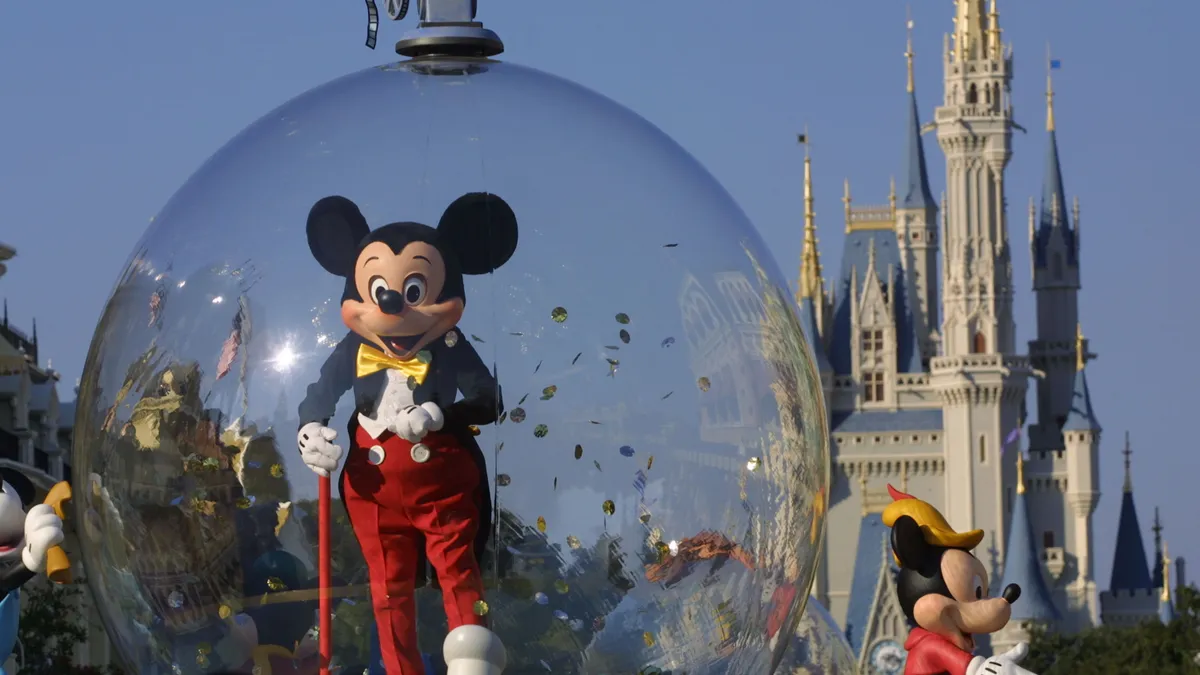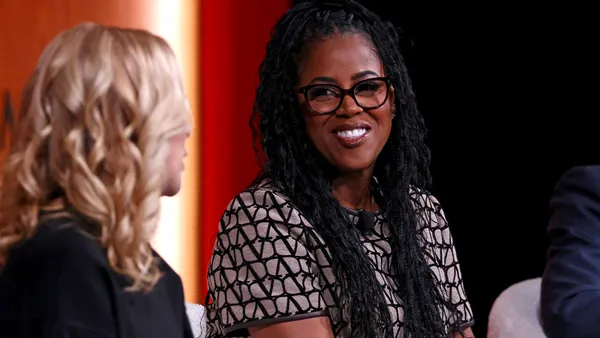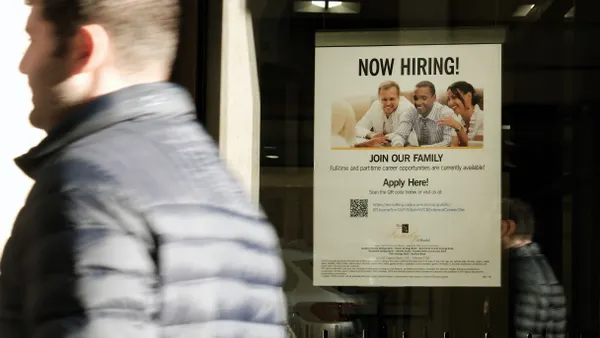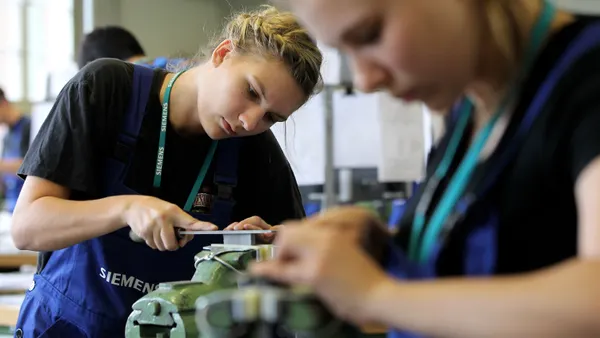Dive Brief:
- To build a more inclusive work environment, Disney will now allow employees greater flexibility in how they present themselves, the company said in a blog post.
- Cast members will have more freedom in their hair, jewelry, nail and costume choices. They'll also be able to display tattoos the company deems appropriate.
- The change is one of several ways Disney is attempting to elevate inclusion, which it has added as a fifth company value, in addition to safety, courtesy, show and efficiency. It's also updating rides like its Jungle Cruise and Splash Mountain, which reportedly relied on racist themes and imagery. And it's planning to give more support to diverse suppliers.
Dive Insight:
In his blog post, Disney Parks Chairman Josh D'Amaro positioned Disney's increased commitment to inclusion as a business move.
"Moving forward, we believe our cast, who are at the center of the magic that lives in all our experiences, can provide the best of Disney's legendary guest service when they have more options for personal expression – creating richer, more personal and more engaging experiences with our guests," he wrote.
Many business leaders share D'Amaro's belief that increased inclusion will lead to increased engagement. Longtime HR practitioner Josh Bersin pointed out in a November 2020 online panel that inclusion precedes diversity. "Inclusion is the goal, diversity is the outcome," he added. "The thing that drives engagement, retention and performance ... is a feeling of belonging."
Self-expression plays an important role in inclusion. Companies that require employees to wear uniforms, like Disney, are making more room for piercings, tattoos and other expressions of personal style. Starbucks, for example, updated its policy in 2019 to allow employees to wear one facial piercing.
Other employers are simplifying their dress codes, substituting relaxed guidelines for proscriptive rules. In step with such changes are amendments to hair policies. Several states have passed laws outlawing workplace policies that put bans on natural hairstyles frequently worn by Black women, such as braids and dreadlocks.












